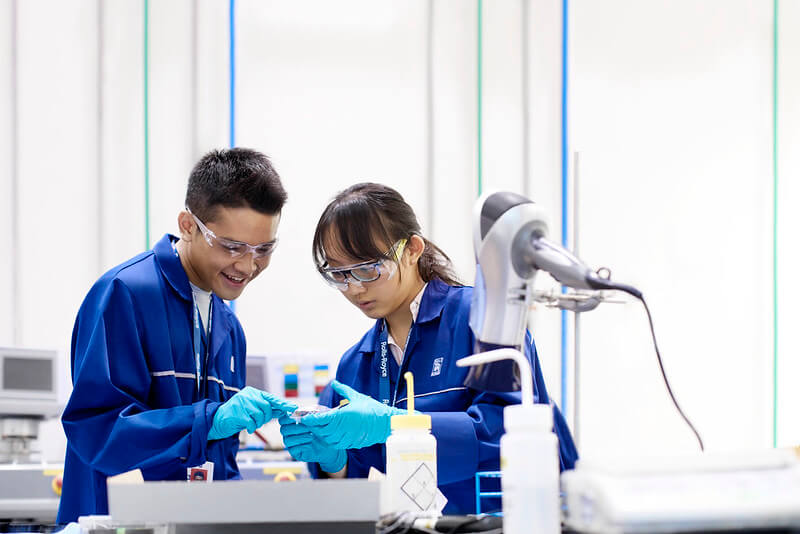
Engineered clean energy storage solutions
The Tees Valley Coast is a polycentric, urban and industrialised region in the North-East of England, with Hartlepool, and Redcar and Cleveland, connecting to Stockton and Middlesbrough. Traditionally, this area has been home to heavy and energy intensive industries, such as mining, steelmaking, ship manufacturing and chemicals processing, based on the local presence of iron ore deposits that fuelled rapid economic growth in the Victorian era.
Engineering economy in Tees Valley Coast
Employment (avg)
Businesses (avg)
GVA per engineer (avg)
Engineering focus:
- Chemicals processing and energy, home to 1,200 businesses producing 30% of the UKs chemical output
Economic history and development
Many manufacturing jobs associated with the steel industry were lost from the mid-1970s onwards, with a corresponding growth in the service economy. In the present day, several specialisms still remain, most prominently in chemicals processing and energy, home to 1,200 businesses producing 30% of the UKs chemical output, although primarily associated with the Tees Valley[1]
Large employers still play a major, although gradually diminishing, role in the local economy. The area’s economy is closely linked with that of the wider Tees Valley area, with limited commuting links outside of the region. Deprivation is relatively high, skill levels are lower than the UK average, and the region has the relatively high levels of unemployment and economic inactivity often seen in areas hit by de-industrialisation, although these have declined within the last decade. Despite high levels of specialised industry and concentrations of engineering businesses, these areas have been unable to bring wider societal or economic benefits to the region.

Links with research and education centres
Teesside University, based in Middlesbrough, has a technology focus and hosts several engineering-adjacent research institutes, with a satellite campus for Durham University also nearby. The region attracts relatively high funding from Innovate UK and hosts the Centre for Process Innovation Catapult. It also benefits from strong connectivity, including road and rail links and a deep-water port in the Port of Tees, which is the UK’s largest for exports. However, major anchor employers have recently been lost, including the Redcar Steelworks in 2015.
Growth and Investment
The Tees Valley Combined Authority and Mayor Ben Houchen have prioritised investment in Teesworks Freeport, which will occupy the 4,500 acres of land previously taken up by the Redcar steelworks, and generate up to 20,000 jobs. Teesworks will focus on carbon capture, manufacturing and logistics uses. The broader Tees Valley has also benefited from relatively high levels of UK Government investment, including the £310m City-Region Transport Settlement and the Treasury campus at Darlington, suggesting there is a growing capability to maximise industry potential and stimulate greater growth across the Tees Valley Coast.
[1] Tees Valley Combined Authority,
